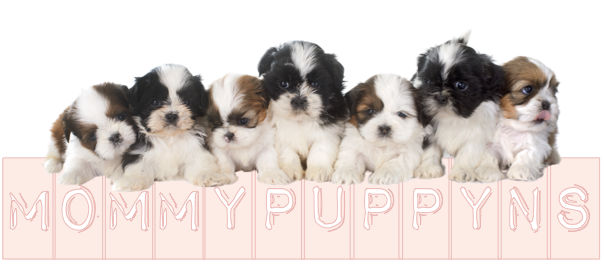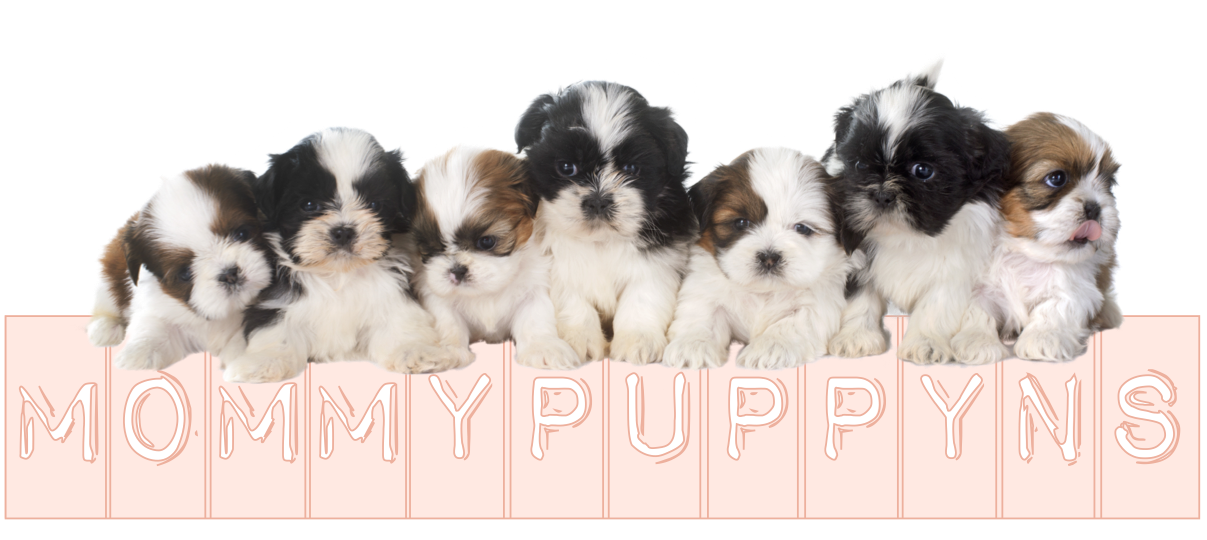Let’s talk about the elephant in the room, – The myth of the hypoallergenic dog breeds. Everybody is talking about this characteristic without knowing that there is no scientific evidence backing it up.
The hypoallergenic term is commonly used to a breed (or crossbreed) when the breed is more compatible with allergic people than other breeds.
The Study
(Source: Livescience.com)
Although they’ve long been considered an allergy sufferer’s best friend, so-called hypoallergenic dogs do not have lower household allergen levels than other dogs, according to a new study that measured allergen levels in babies’ nurseries.
Dog breeds classified as “hypoallergenic” are believed to produce less dander and saliva and shed less fur. Researchers at the Henry Ford Hospital (HFH) in Detroit put this theory to the test by measuring environmental allergen levels in the houses of 173 dog owners one month after a newborn baby was brought home.
Researchers collected dust samples from the carpet or floor of each baby’s bedroom and measured the levels of the dog allergen Can f 1. Only homes with one dog per family were involved in the study, and 60 dog breeds were analyzed overall, 11 of which are considered hypoallergenic dogs.
“We found no scientific basis to the claim hypoallergenic dogs have less allergen,” said Christine Cole Johnson, chair of HFH’s Department of Public Health Sciences and senior author of the study.
Effect of size
(Source: WikiPedia)
Size may be a factor in determining hypoallergenicity. It is possible that the total body surface area of the dog is more indicative of reduced production of allergens than its breed.[18]
Smaller dogs will also leave fewer environmental pollutants containing dog dander and dog allergens (reduced fecal matter, urine and saliva). Small hairless dogs may be less likely to cause allergic reactions “because it’s so easy to bathe them and the dander falls off them.”[19] Dogs may leave behind urine, saliva and fecal matter as allergen sources.[20][21][22] Dogs with access to the outdoors may introduce outdoor allergens such as mold and pollen with larger animals tracking in more of these allergens.[23] It is well established that most individuals with dog allergy also suffer with additional environmental allergies.[24] Individuals with dog allergy may also be at increased risk for human protein hypersensitivity with cross-reactivity of dog dander allergen and human seminal fluid.[25][clarification needed]
Expert recommendations
Researchers have shown that frequently bathing dogs reduces the amount of allergen related protein on the fur or hair of the dog and the amount of airborne allergen.[16]Bathing a dog at least twice a week will minimize or even eliminate the reaction of an allergic person to a dog.[15]
Frequent cleaning and vacuuming of the home, using air filters, restricting the dog to certain rooms, and adopting a small dog that can easily be given frequent baths are all recommended by the Humane Society of the United States to control allergens.[26] Scientific research has repeatedly shown that good cleaning practices in the home remove allergens from the environment.[16][27][28][29]
Many allergists suggest that a dog not be introduced to the environment of a dog allergic individual. While “allergy shots” can reduce many individuals’ dog-allergic reactions, the most common approach remains avoidance.[citation needed]
There have been recent studies suggesting early introduction of pets to home may reduce the likelihood of developing sensitization.[30] There are reports of individuals who will become less sensitive with continued exposure to a pet in the environment. But allergists warn that pet owners cannot rely on a breed being non-allergenic just because a particular allergic pet owner can tolerate a specific dog of that breed.[13]
Hypoallergenic crossbreeds
To bring more variety in the hypoallergenic breeds, the expert breeders have crossed hypoallergenic dogs with other dog breeds. Most popular breeds of them are Poodle, Chihuahua, Maltese, and Shih Tzu. Interestingly, Poodle is the one with over 2 dozens of crossbreeds including Goldendoodle, Shih Poo, Bernedoodle[31], and many others.








